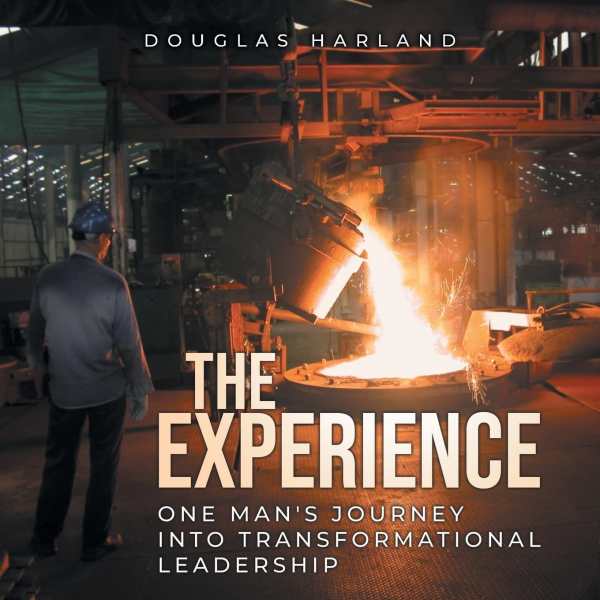The Experience
One Man's Journey into Transformational Leadership
Making a spiritual argument that leaders should prioritize community needs over corporate profit expectations, The Experience is an insightful businessman’s memoir.
Douglas Harland’s amiable memoir The Experience explores his encounters with spiritual energy and how it impacted his business leadership in Australia.
Harland, an engineer, was working for the struggling Toowoomba Foundry in 1986 when an unusual consultant was brought in who recommended spiritual healing for management. Over the twelve weeks following his initial healing session, Harland underwent a series of ecstatic and revelatory occurrences. He began to attribute his evolving success and ethical beliefs to “spirit,” which encouraged love in place of fear.
The book’s tone is genuine and open-minded. Enthusiastic about his discoveries, Harland soon recognized that some of his more supernatural experiences, like levitating, might be disbelieved when he shared them. In fact, they were. His response was to respect other people’s doubts and to investigate the writings of various contemporary spiritual leaders, including Eckhart Tolle, where he found support for his convictions. While open to other beliefs, he maintained certainty as to spirit’s lasting impacts on his life and business practices.
While it includes elements of spiritual persuasion, as with its suggestions that positive coincidences were the work of spirit, the book also argues for the practical applications of what Harland learned in more objective ways, saying that businesses should prioritize community needs over corporate profit expectations: “The concept of unlimited growth on a finite planet is the first obvious flaw of current economic theory.” In 1993, when Harland was made general manager of the Toowoomba Foundry, he sought to bring the company’s culture in line with the global system he envisioned, and the book reports that profits soared along with employee and customer satisfaction. Data from this period is used to argue the value of treating employees as human beings and eliminating fear in the workplace through total transparency.
But the book too often strays from its central idea of how spiritual experience influenced Harland’s career and business leadership, including with stories from childhood and young adulthood. Some, but not all, of these tales are made to tie in with Harland’s ultimate spiritual experience, which occurred when he was forty, as with the Rotary Club’s discernment questions—“Is it the truth?” and “Is it fair to all concerned?”—learned when he was a teenager. Early events are reevaluated in retrospect, as with a year in the UK on an engineering scholarship that is reframed as “a major step spirit was leading me through” to prepare him for his eventual leadership role at the Toowoomba Foundry.
Written with cheerful optimism, the spiritual memoir The Experience argues that a positive outlook can translate into profits and professional success.
Reviewed by
Michele Sharpe
Disclosure: This article is not an endorsement, but a review. The publisher of this book provided free copies of the book and paid a small fee to have their book reviewed by a professional reviewer. Foreword Reviews and Clarion Reviews make no guarantee that the publisher will receive a positive review. Foreword Magazine, Inc. is disclosing this in accordance with the Federal Trade Commission’s 16 CFR, Part 255.

